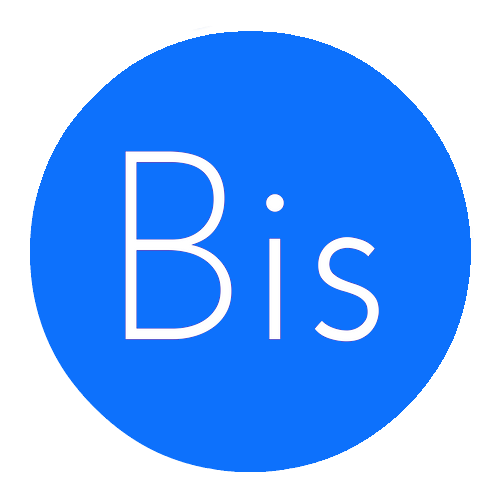Neurodiversity in the Workplace by Allie Warren, ADHD Coach, Workplace Consultant & Writer
People are always surprised when I tell them I am autistic ADHD, especially when I share that I wasn’t diagnosed until I was 40. But when research shows that while 1 in 5 people are thought to be neurodivergent, and as many as 80% of those people don’t know that they are (Hallowell, 2023), it’s easier to see why recognising a new identity for yourself may come later in life.
Before I knew, I had spent decades feeling like I wasn’t good enough, that I was missing some secret that everyone else knew about how to just get on in life and achieve all the things that you wanted. Autism and ADHD can both present in a vast range of ways. Autism is usually focused on social and communication differences, while the key areas that are considered in ADHD include hyperactivity, impulsivity and focus which can look different for different people.
For me, this looks like challenges in social situations, finding it difficult to be in larger groups, taking longer to process information and needing a lot of time alone to recharge. I also find it difficult to start and finish projects, I can be distracted easily and sometimes have challenges when I’m trying to regulate my emotions.
In the right environment though, I can get 8 hours of work done in 2 hours. I can find creative solutions to problems that other people can’t see. I am brilliant in a crisis. I can spot patterns in business that others can’t. But I can only do this when the people around me are patient, understanding and accepting, allowing me to work in the best way for me.
After more than a decade working in people management, I now work with organisations to raise awareness of the importance of celebrating neurodiversity and the way that all our minds are brilliantly different. Recent research has highlighted that just 22% of autistic adults are in any kind of paid employment (National Autistic Society & Office for National Statistics, 2020) and one of the key themes that I talk about with employers is supporting more neurodivergent people to thrive in the workplace.
There are many areas that businesses can look at within their cultures to help support people in the workplace including workplace training, flexibility, adjustments to the working environment and most importantly, learning from the experience of their neurodivergent employees.
But how can we support more people to gain employment in the first place? Here are some ideas to support at the recruitment stage:
Training, training, training! Ensuring that your team are trained in the basics is absolute key so that the awareness, understanding and acceptance is embedded into any initiatives that are implemented.
Consider the requirements of the job role and take out anything that isn’t absolutely necessary – for example, do they really need a degree or is it a bonus? This reduces the gap for people who may not have been able to access higher education for any reason.
Consider whether the job role really has to be full time, or completely office based. The more flexibility you offer, the more likely it is that you are creating accommodations that will help give someone access to the workplace.
Make sure your job advert is super clear. Take out any jargon and be clear about what you’re asking for.
Offer alternative ways to apply for roles – do you need a written CV? Or could someone send in a video of themselves to explain why they’d be great at the job?
Offer alternative ways to interview for the role. Not everyone will thrive in a standard interview situation. Could you offer a work-based assessment or a work trial instead?
Be open minded. Not everyone will navigate social situations in the same way or do their best work sitting at a desk all day. That doesn’t mean they don’t have the right skills to do the job.
Ensure that there are options available at every stage for people to share their needs with you. Everyone is different and neurodivergence presents in such a wide range of ways, encouraging an open conversation will help more people to feel comfortable.
Ask for feedback. Interviews go both ways! Is there anything that you could have done to make the process more accessible? Learning from people’s lived experience is key to improving outcomes for everyone.
Ultimately, creating a more inclusive workplace for neurodivergent employees requires a shift in mindset and culture. It requires a commitment to understanding and embracing differences, and a willingness to experiment with different approaches. By doing so, we can create a more diverse, innovative and successful workforce for the future.
Allie Warren
ADHD Coach, Workplace Consultant & Writer
www.alliewarren.co.uk

